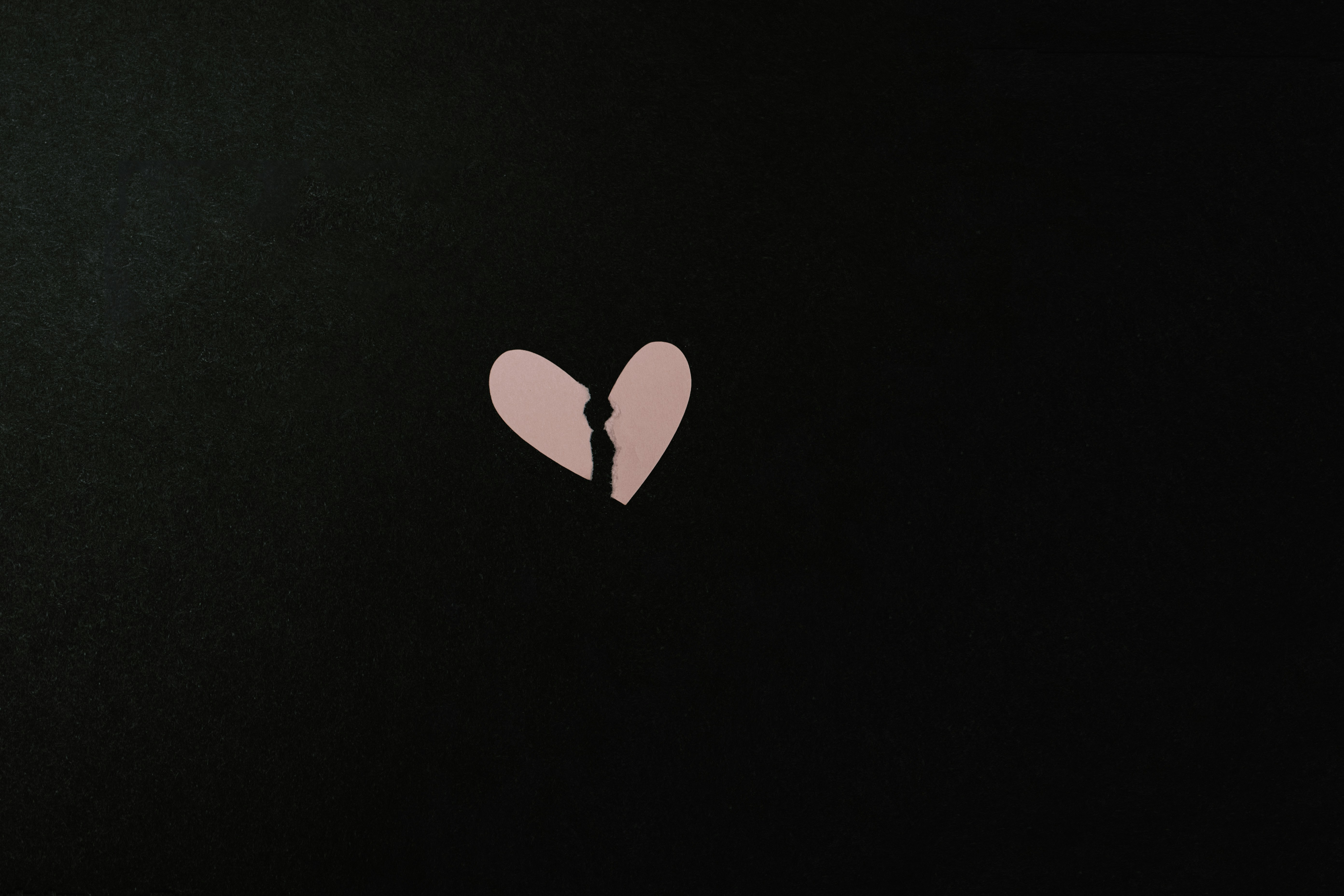Love & Relationships
September 27, 2024
Do You Really Need Closure After a Breakup? The Case for Moving On Without It
Breakups are a bit like unsolicited emails—you never really want them, and they tend to leave you wondering, "Why me?" Among the cocktail of emotions post-split (anger, sadness, relief—pick your poison), there's one thing that most people crave: closure. Ah, closure, that magical idea that somehow, if we just understand why it ended, we can skip off into the sunset, emotionally unscathed. But here's the kicker: Do we really need closure to move on after a breakup? Or are we chasing a unicorn that doesn't actually exist?
Spoiler alert: Closure might not be as essential as you think. Here’s why you don’t need to sit through one last tearful coffee shop conversation to get on with your life.
1. Closure Is Overrated: You Won’t Get the Answers You Want
We tend to imagine closure as some kind of relationship autopsy—if we just dissect it long enough, we'll pinpoint the exact cause of death. Maybe you'll finally learn why they ghosted you after meeting your entire extended family, or why they suddenly realized they "weren't ready for a relationship" (despite being in one for two years).
But here’s the thing: even if you get the answers, they won’t always make sense or provide comfort. Breakups are messy, and emotions don’t always come with an instruction manual. The truth is, people often don’t even know why they’re ending a relationship, or they’re unable to articulate it in a way that satisfies you. It’s like asking a magic 8-ball for the meaning of life—it’s going to keep saying, "Ask again later."
2. Chasing Closure Can Keep You Stuck in the Past
When you’re obsessed with getting that final explanation or apology, you're essentially tying yourself to the past. You spend all your energy looking for "what went wrong" or that one conversation that will magically unlock your healing, instead of focusing on moving forward.
It’s like replaying the last season of a TV show over and over again, hoping to catch a scene you missed—except you already know the ending, and it’s a bummer every time. Sometimes, the healthiest thing you can do is close the door yourself, without waiting for someone else to hand you the key.
3. Emotional Independence: Finding Your Own Resolution
Closure, in its traditional sense, is about getting an external source (usually your ex) to provide you with some kind of emotional clarity. But what if I told you that closure is an inside job? Yes, that’s right—you don’t need someone else to tell you why things ended, or to bless your journey with their stamp of approval.
You have the power to create your own sense of peace and understanding. Reflect on what you learned from the relationship, acknowledge the hurt, and focus on your own growth. Did your ex’s actions suck? Probably. But that’s on them. Your healing? That’s on you. Becoming emotionally independent means that you don’t need a dramatic confrontation to get over someone; you simply need to decide to let go.
4. “But I Just Want to Feel Better”—Why Closure Isn’t a Shortcut to Healing
Ah, the myth that if you could just have one final talk, you’d feel so much better. Hate to break it to you, but that last convo probably isn’t going to leave you feeling like you’ve won the emotional lottery.
In fact, in many cases, trying to force closure can make things worse. You’ll likely rehash old arguments, open up old wounds, and possibly even come out more confused than when you started. Sometimes, no answer is the best answer, because it leaves room for your imagination to fill in the blanks with something a little gentler than, “Well, I just don’t like your face anymore.”
Healing from a breakup isn’t about that one magical moment where everything clicks into place—it’s a process, a series of small steps that eventually lead to you waking up one day and realizing you’re not thinking about them as much anymore. Spoiler: that’s actual closure.
5. How to Move On Without Closure (and Still Keep Your Sanity)
Now that we’ve established that closure might be an overhyped myth, what’s the alternative? Glad you asked. Here’s a cheat sheet for moving on without needing that final confrontation:
a. Accept That You Won’t Get All the Answers
You’re not Sherlock Holmes, and your ex isn’t a locked-room mystery. Some things will remain unsolved, and that’s okay. Shift your focus from “Why did this happen?” to “How do I heal from this?”
b. Grieve the Relationship
It’s tempting to rush the healing process, but allow yourself to grieve the relationship. Whether you need to scream into a pillow, binge-watch Netflix, or cry while eating ice cream straight from the tub, give yourself time to feel the loss.
c. Focus on Self-Growth
Use the breakup as an opportunity to grow. What did you learn about yourself? What are you going to do differently in your next relationship? Personal growth is the best revenge—and it’s way healthier than scrolling through your ex’s Instagram at 3 a.m.
d. Reframe the Narrative
Instead of waiting for your ex to write the final chapter, take control of the story. Recognize that the end of the relationship doesn’t define you. You’re still the main character, and the best part of your story is yet to come.
6. When You Might Actually Need Closure (Rare, But It Happens)
Okay, okay, before you throw out the idea of closure entirely, there are some cases where it might help. If you were blindsided by the breakup, or if the relationship ended due to some unresolved conflict (like, you know, they took your dog), a respectful conversation might give you some resolution. But even then, the goal isn’t to fix everything—it’s just to clear the air. Ultimately, your healing comes from within.
The Final Verdict: You Don’t Need Closure—You Need Healing
Closure is nice in theory, but it’s often a mirage. Moving on without it might feel like walking through the desert without a map, but trust me, you’ll find your way out eventually. The key to healing isn’t in one last conversation or perfectly packaged explanation—it’s in allowing yourself to feel, grieve, and grow.
So, the next time you’re tempted to text your ex “just one last thing,” remember: you hold the power to move on, with or without their input. The real closure you’re seeking? It’s already within you.






